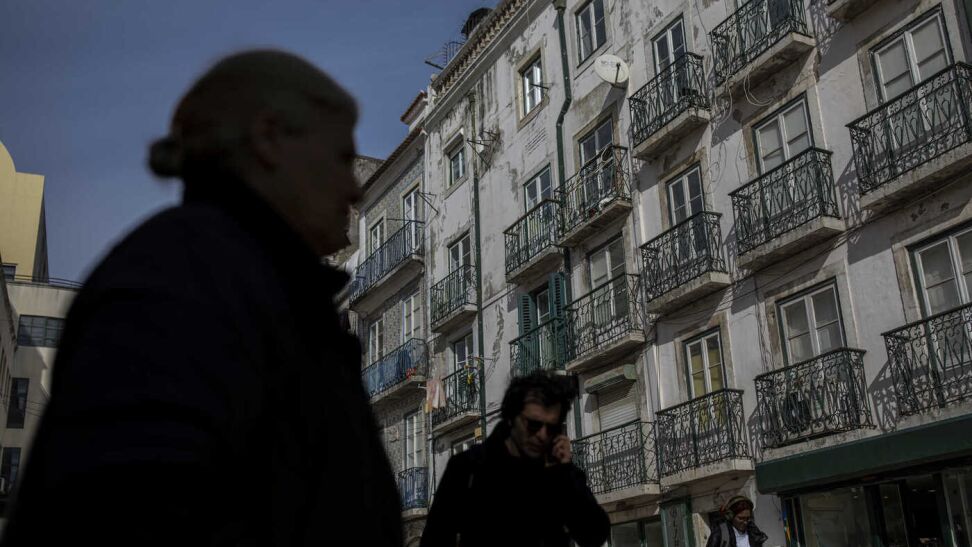“Healthy people fighting for their lives”, warn associations
Rising house prices and inflation are creating a new type of homeless person in Portugal: socially integrated people who are being pushed towards exclusion.
Who says this as politicians continually suggest measures to tackle the housing crisis are starting to show results are associations that deal with the problem, at grass roots.
“Take a walk around Gare do Oriente, Saldanha, Martim Moniz or other streets in Lisbon (…) and you’ll hardly find drug addicts or alcoholics” living on the streets, as was the profile of the homeless in the past, Luís Filipe Macedo, head of the Remar association, tells Lusa.
Now they are “healthy people who are fighting for their lives“.
On the eve of the presentation in parliament of the National Strategy for the Integration of People Experiencing Homelessness (ENIPSSA) 2025-2030, Macedo recognises that more and more people are on the streets.
“We’ve noticed that the situation of the homeless has not improved. It hasn’t reduced. There are more and more people on the streets, in unusual places,” he said, giving the example of his association’s meals service.
“We always go out with three pots of soup and 250 snacks, and we give them away until we run out. Many people go without” he said.
“This problem is increasing, with a new profile, more immigrants and younger people (…) it’s hard to see how some people are living in some places in Lisbon”.
Macedo has no doubts. This new situation boils down to rising property prices and the cost of living.
“Some (homeless people) may even have a job or do odd jobs, but they can’t afford a house and are living in tents,” he explains.
Sandra Camara Pestana, head of the Cais association, tells Lusa that her association’s vocation is to accompany ‘reintegration processes’, providing homeless people with places to live and giving them support in finding a job.
Despite this, Cais has noticed that there are more cases of homelessness and social exclusion.
“People work to survive” and “live in limbo”, she said. “If a couple becomes unemployed, it’s a horror. Life hangs in the balance.
“The inflationary pressures we’re experiencing, the lack of housing. If people don’t have a home, they don’t have a stable life – and without that they can’t get a job.”
In Porto, where social problems have markedly increased, the association has supported “a couple who went to work every day and lived on the street“, a “situation that is not sustainable”, she said.
At the end of 2023, Henrique Joaquim – coordinator of the National Strategy for the Integration of Homeless People (ENIPSSA) – acknowledged an increase in the number of people living on the streets.
The most recent data, referring to 2022, indicated that 10,700 people would be homeless in 2022.
Alentejo, the Lisbon Metropolitan Area and the Algarve were the regions with the highest proportions: 2.13, 1.60 and 1.51 homeless people per thousand residents respectively.
Source: LUSA



















